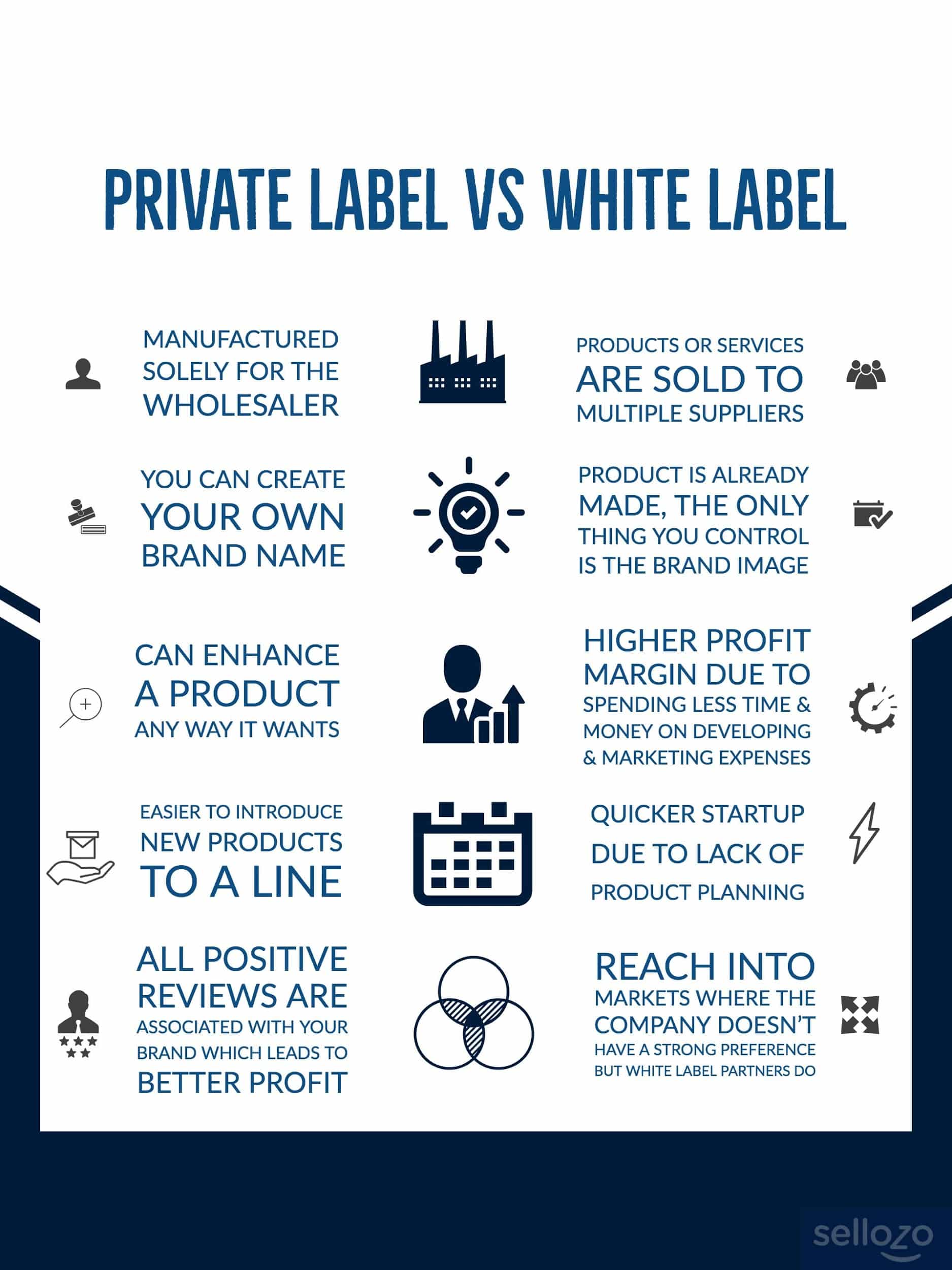
Adding White Label solutions to your existing service offerings may just be the wisest decision you make for your business. I’m sure you have already heard that many times. Wondering why? Well, White Labelling gives a company a competitive advantage, expands its portfolio of services, helps reach new clients as well as keep them happy without much monetary investment. Sounds like a dream, right? Moreover, White label solutions work well for everything right from electronics to software packages.
First thing first, What is a White Label Product or Service?
A White-Label service or product is an offering that is developed by one company, marketed, and sold by another. It is a business process where one company creates a product or service, which is then branded by another business to make the product or services to look like their own. White label services are typically sold under a brand name developed by a third party.

Here’s how it works:
- Company A sells white-label services to Company B to resell.
- Company B then sells the services under its own brand to its clients.
- Company A’s team fulfills the services that the clients purchased from Company B.
A win-win situation for all parties involved.
White Label v/s Private Label
A lot of times people confuse white label with private label or use the words interchangeably. Although very similar, there is a subtle difference between the two. Take a look at the illustration below to know the difference.
The key difference between the two is exclusivity. Private label products are manufactured exclusively for one specific retailer. Whereas, white-label products or services are sold to multiple suppliers. In both the business models, resellers can focus on marketing and other core competencies whereas manufacturers deal only with the process of production. This way, the resellers do not need to worry about the technicalities, saving a lot of time and money.
Private labelling is widely used in the beauty industry, manufacturing, fashion and other types of physical products. For example, Nike uses private labelling extensively. It buys bulk from a particular manufacturer(which manufactures only for Nike), changes up a few things, puts their name on it and sells it.
On the other hand, White Labelling is mainly used in the technology sector – IT, Marketing, etc. It is mostly used for software as a service (Saas).
Some of the widely used White Label services include,
- Reputation Management
- Search Engine Optimization
- Pay per click management
- Web development
- Web Design
- Market Research
- Sales Support
- Email Marketing
Now that we have cleared the difference between white label and private label, let us look at the things you should keep in mind before choosing a white label web development company/agency.
5 Tips To Keep In Mind When Choosing A White Label Company
You have shared values and ideologies
It is important to choose an agency partner that shares your company’s core values, what it stands for and its mission and vision. Working with like-minded people fosters trust and satisfaction. It paves the way for long term growth. Clash of interest and ideology between the white label agency and your company is a major no-no for a successful business partnership.
- They have the right industry certifications– When you set out to hire a white label agency partner, make it a point to check their certifications. This is important because it is a clear indicator of the agency’s commitment to quality. This will help you understand how knowledgeable the firm is in its domain. Firms possessing certifications show that their services are at par with industry standards. Some of the top certifications that are universally recognized include but are not limited to – Google Partners, Facebook Marketing Partners, HubSpot Marketing Partner, SalesForce, Google Ad Words, etc. Firms without a single certification to their credit is a sure-shot red flag and you should avoid such agencies at all costs.
- Is Scalability Their Priority?
One of the major benefits of white label services is that it offers scalability without much monetary investment. You need to make sure you sign up with an agency that can streamline their internal operations and take scalability as a priority and not an afterthought. A measure of a good white label agency partner is the one that can be scaled easily and it’s capacity constantly adjusted so that it meets the needs of the growing business. To understand whether the agency has a capacity to fulfill your scalable requirements or not, discuss with them at length about the work you will have, the scope of work in the future, the rising demand of your customers and the availability of the resources. Be sure to come up with your own list of criteria.
- Check out their portfolio
Does the agency have experience working with the industry that your clients belong to? What kind of projects have they worked on? What companies are their clients? What is their track record like? These are some of the key questions to consider. No matter how good a white label company is, one size doesn’t fit all. If the agency has worked with startups and small businesses and you have clients belonging to enterprises, it just won’t work. Pro tip- Find an agency that has a track record of working with all kinds of clients-startup to corporates. - Transparent agency
One of the trademarks of a top white-label service agency is that they are transparent with their clients. They have nothing to hide be it about the process they follow, their expertise in a particular field, their physical address, or the resources assigned to the projects. You must choose an agency that is transparent and open from the start. Avoid an agency that doesn’t have a physical address as that is a sure sign of lack of authenticity. Make sure the agency has a good social media standing as well as a physical address which you can verify. At all costs, avoid choosing an agency where you feel even an iota of doubt.
Summing Up
Choosing a White Label partner is a crucial step in your outsourcing journey and it is by no means an easy decision to make. There are many parameters that you must consider, some of which we have described in this article. Make sure you take your time and evaluate your options before you decide on a White Label partner that’s fit for you. A White Label solution appears to be a good option with much fewer risks as the solution is already tested and time-proven. No wonder it is considered to be the biggest way of outsourcing in today’s time.
Author Bio: Sheryl Jones
Sheryl is the Sr. Marketing Specialist at Uplers who has a great experience in designing well-defined user journeys across the digital marketing domain. She leverages her digital marketing expertise to help businesses draw significant ROIs.

